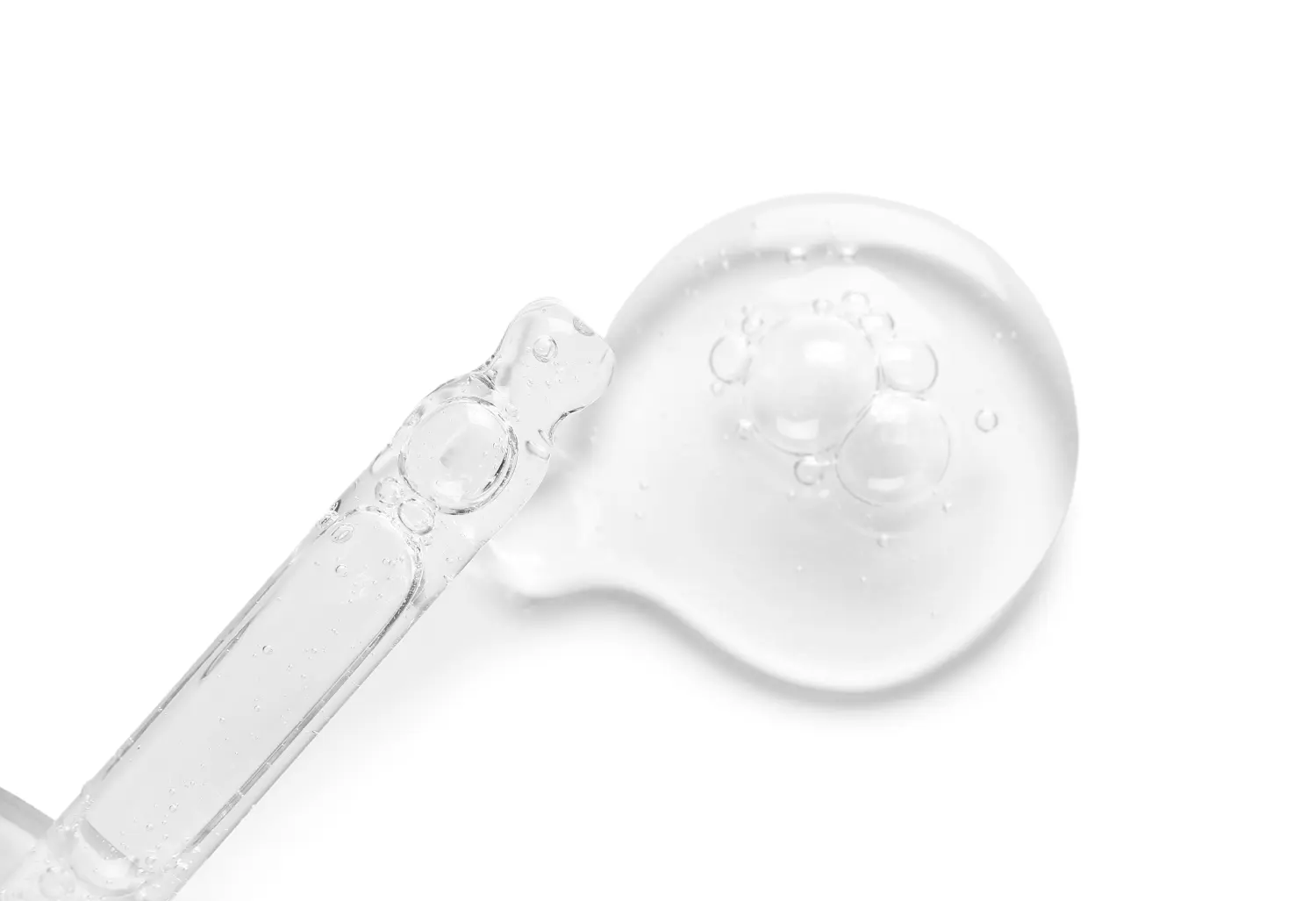
Menopause brings many changes, and joint pain is one of the most common complaints. As estrogen levels decline, inflammation increases, leading to stiffness, discomfort, and reduced mobility.
Collagen plays a vital role in maintaining joint health, but its natural production decreases with age. Fortunately, research suggests that supplementing with collagen may help reduce inflammation during menopause, supporting joint function and overall well-being.
Menopause doesn’t just mark the end of menstruation—it also triggers biological changes that can lead to increased inflammation and joint pain. One of the primary reasons for this is the decline in estrogen, a hormone that has natural anti-inflammatory properties. As estrogen levels drop, the body produces more pro-inflammatory cytokines, which can contribute to joint stiffness, swelling, and discomfort.
In addition to hormonal shifts, collagen production also declines with age. Since collagen is a key component of cartilage, tendons, and ligaments, its reduction leads to weaker joint structures, making them more vulnerable to wear and tear. This is why many menopausal women experience joint pain, stiffness, and even conditions like osteoarthritis.
To reduce inflammation during menopause, it’s essential to address both hormonal changes and the structural integrity of joints. This is where collagen comes into play, offering a natural way to support joint health and ease discomfort.
Collagen is the most abundant protein in the body, making up a significant portion of cartilage, tendons, and ligaments. It acts as a structural foundation, keeping joints flexible, cushioned, and resilient against daily wear and tear. However, as we age—especially during menopause—collagen production declines, leading to joint stiffness, reduced mobility, and an increased risk of inflammation.
Studies show that collagen peptides can help maintain joint health by stimulating the body’s natural collagen synthesis. This process supports cartilage repair and helps prevent the breakdown of connective tissues. Additionally, collagen has been linked to improved hydration in the joints, which can enhance flexibility and reduce discomfort.
By replenishing collagen levels, menopausal women can counteract some of the effects of estrogen loss and slow down joint degeneration. But how exactly does collagen help reduce inflammation? Let’s explore the science behind it.
Collagen plays a crucial role in reducing inflammation during menopause by supporting joint structure and modulating the body’s inflammatory response. When estrogen levels decline, the body experiences an increase in oxidative stress and pro-inflammatory cytokines, both of which contribute to joint pain and stiffness. However, collagen peptides have been shown to counteract these effects in several ways.
Research suggests that collagen supplementation can help lower levels of inflammatory markers like C-reactive protein (CRP) and interleukin-6 (IL-6), which are often elevated during menopause. By reducing these markers, collagen helps minimize chronic inflammation and discomfort.
Cartilage, the protective tissue that cushions joints, wears down over time. Collagen peptides stimulate cartilage regeneration, preventing further joint degradation and improving overall joint function.
Menopause increases oxidative damage in the body, which accelerates joint deterioration. Collagen contains amino acids like glycine and proline, which have antioxidant properties that help neutralize free radicals and protect joint tissues from further damage.
For optimal results, collagen works best when combined with nutrients like vitamin C, which enhances its absorption and boosts collagen synthesis. By integrating collagen into a daily routine, menopausal women can experience reduced inflammation and improved joint health over time.

Adding collagen to your daily routine is a simple yet effective way to support joint health and reduce inflammation during menopause. Since the body’s natural collagen production declines with age, supplementation and dietary sources can help replenish this essential protein.
Hydrolyzed collagen peptides are the most effective form for absorption. Look for high-quality collagen powders or capsules, preferably with added vitamin C to enhance synthesis.
Natural sources of collagen include bone broth, chicken skin, fish skin, and gelatin. These foods provide the amino acids needed for collagen production.
A diet rich in vitamin C (found in citrus fruits, bell peppers, and leafy greens), zinc, and copper can further support collagen formation and joint health.
Avoiding excessive sugar, staying hydrated, and engaging in regular low-impact exercise (such as yoga or swimming) can help maintain collagen integrity and reduce joint discomfort.
By making these simple changes, women can better manage joint pain and inflammation during menopause while promoting long-term mobility and flexibility.
Menopause can bring frustrating joint pain and stiffness due to declining estrogen levels and increased inflammation. However, science shows that collagen plays a critical role in supporting joint health, reducing oxidative stress, and improving cartilage integrity.
To reduce inflammation during menopause, incorporating collagen—whether through supplements or collagen-rich foods—can help maintain joint function and mobility. Additionally, pairing collagen with key nutrients like vitamin C and adopting a joint-friendly lifestyle can further enhance its benefits.
By prioritizing collagen intake, menopausal women can take proactive steps toward easing joint discomfort and staying active for years to come.
Related Articles










* These statements have not been evaluated by the Food and Drug Administration. This product is not intended to diagnose, treat, cure or prevent any disease.